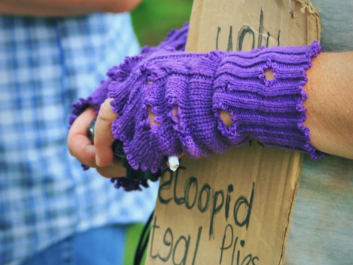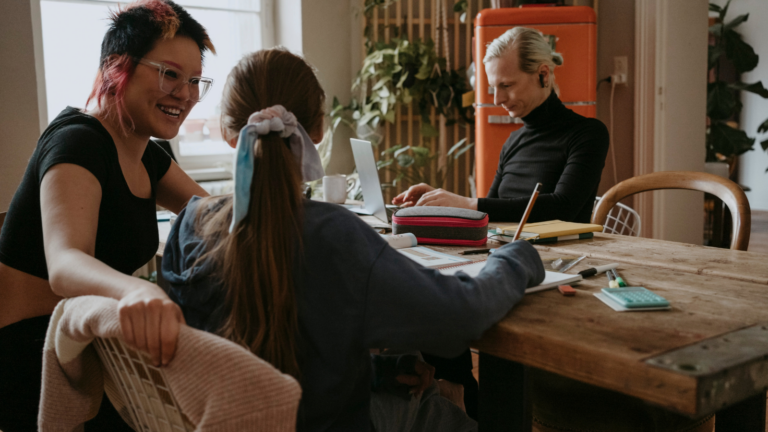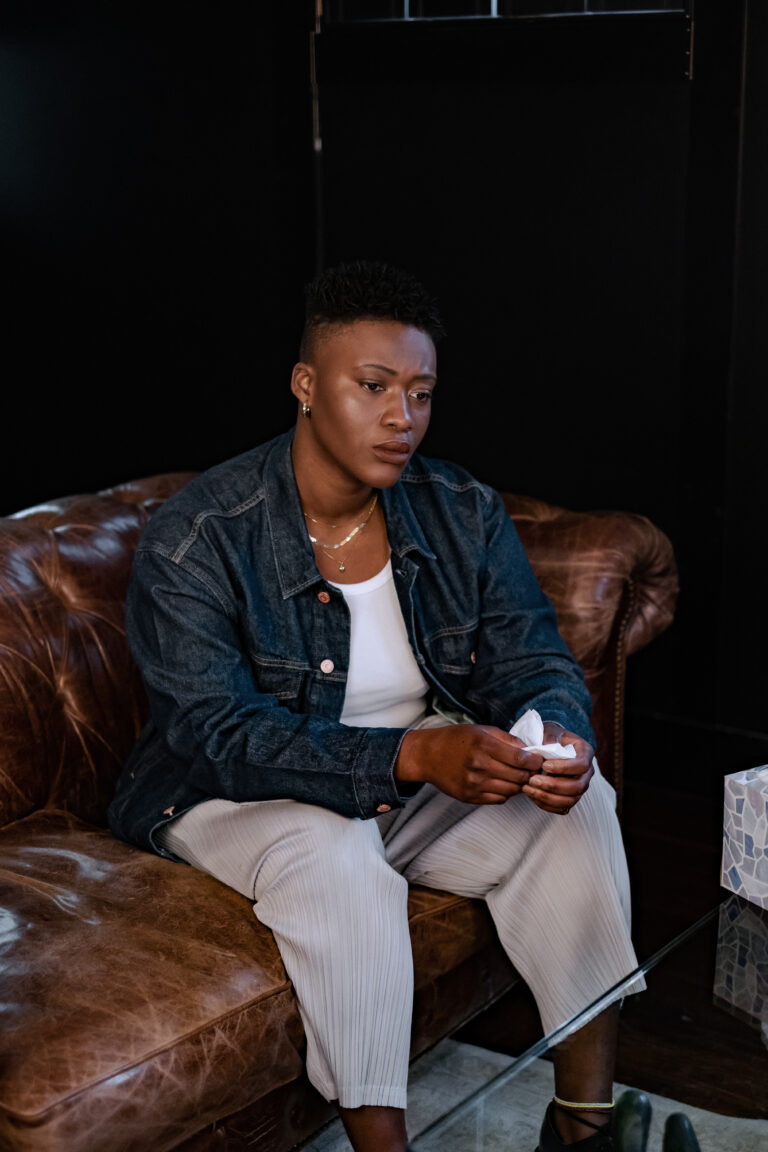Socio-economic rights

Many trans people still struggle to make ends meet. This not only impacts what they can buy, but also the extent to which they can live with dignity and participate fully in their community.
Why are socio-economic rights a trans issue?
Trans people often face discrimination in areas like employment and housing, limiting our access to opportunities and resources. This can have a serious impact on whether or not a person can make a living.
One study found that on average cisgender people are paid 32% more than trans people, a pay gap that the EU is committed to ending. There is also a serious pay gap between white people and people of colour, meaning that trans people of colour face double discrimination. Over time, this leads to long-term structural exclusion.
How do employment barriers affect trans people’s socio-economic status?
Finding or keeping a job can be harder for trans people. This can be due to discrimination during the hiring process. However, it is often also due to the fact that we are faced with unwelcoming or unsupportive work environments. All together, this means trans people face higher unemployment and underemployment.
How does poverty impact human rights?
Poverty means that someone does not have enough money to meet basic needs, such as food, clothing, and shelter. It goes far beyond this, to impact a person’s ability to participate in their community. Poverty impacts a person’s ability to access education or healthcare and participate in recreational activities.
Poverty, discrimination, and violence are all linked, with one reinforcing the other. This means that if someone is impoverished they are more likely to suffer human rights violations or be affected by discrimination. People who experience intersectional discrimination are even more affected by this vicious cycle. So, people of colour, migrants, people with disabilities, and more are at higher risk.
What does TGEU do?
Tackling poverty and socio-economic exclusion is key to ensuring trans rights. This also intersects along many other forms of oppression.
We contribute to creating a society where all people have equal economic opportunity by performing research and making policy suggestions. We are also committed to building financially sustainable local trans organisations. We regularly provide fundraising workshops and consultations.
Main information
Press releases
see morePUBLICATIONS
see moreLegal Action
see more








